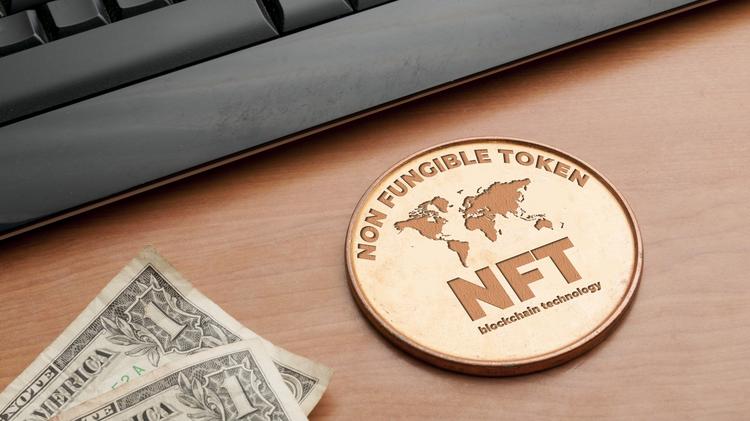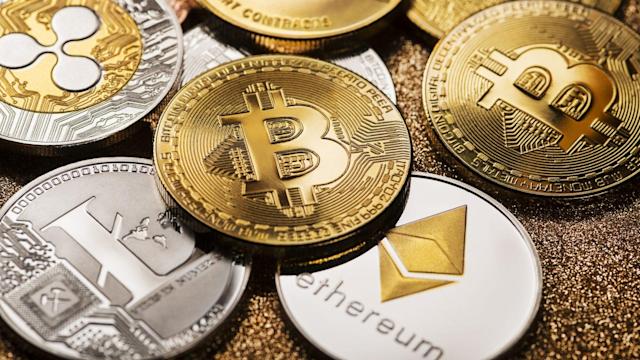Since the launch of Bitcoin in 2009, the popularity of virtual currencies and blockchain technology has been on the rise. In particular, Non-Fungible Tokens (NFTs) have become increasingly popular in the USA. NFTs are unique digital assets that can be used to represent different items, such as collectibles, real estate, or even company shares.
One reason for the increasing popularity of NFTs is their ability to provide ownership security. For example, if you own a physical collectible, it can be stolen or damaged. However, if you own the corresponding NFT asset, it cannot be destroyed or taken away from you without your permission. This makes NFTs ideal for storing valuable assets and providing security against theft or damage. Nowadays there are lots of applications such as NFT code that are working exceptionally for their users.
Another reason for the growing popularity of NFTs is their ability to be used in online gaming and social media platforms. For example, there are now a number of games that allow you to use NFTs as in-game assets. This gives players a greater sense of ownership and control over their game environment. In addition, social media platforms such as Twitter and Instagram are starting to allow users to upload NFTs as profile pictures and display them on their profiles. This provides users with a new way to express themselves and show off their unique collections.
Overall, the popularity of NFTs is continuing to grow in the USA. This is due to their ability to provide security and flexibility, as well as their growing use in online gaming and social media platforms.
NFTs Role in Washington
The state of Washington is one of the most active in the country when it comes to regulating and using non-fungible tokens (NFTs). In April 2019, officials from the state released a report that outlined how NFTs can be used to improve government services. The report highlighted three specific use cases for NFTs: digital asset management, land registry, and voting.
Each of these applications has the potential to improve government efficiency and transparency. For example, digital asset management could help reduce the cost of storing and managing government data. The land registry could make it easier to track property ownership and prevent fraud. And voting could help reduce voter fraud and improve election security.
Washington is not the only state exploring the use of NFTs. In May 2019, officials from the state of Illinois released a report that outlined how NFTs can be used to improve government services. The report highlighted three specific use cases for NFTs: digital asset management, land registry, and voting.
Each of these applications has the potential to improve government efficiency and transparency. For example, digital asset management could help reduce the cost of storing and managing government data. The land registry could make it easier to track property ownership and prevent fraud. And voting could help reduce voter fraud and improve election security.
NFTs are also being explored by other governments around the world. For example, in October 2018, the government of Dubai announced plans to create a digital asset registry using NFTs. And in January 2019, the government of India announced plans to use NFTs for land registry and taxation purposes.
So why are governments so interested in NFTs? One reason is that NFTs can be used to create secure digital assets. These assets can be used to store sensitive data or to track important information. For example, the state of Washington is using NFTs to create a secure land registry. This registry will help prevent fraud and ensure that property ownership is accurately tracked.
Another reason why governments are interested in NFTs is that they can be used for voting. Voting is a critical part of any democracy, and NFTs offer a number of advantages over traditional voting methods. For example, NFTs can help reduce voter fraud. They can also help improve election security by preventing people from casting multiple votes.
NFTs are still a relatively new technology, and there are many applications that have yet to be explored. But the potential benefits of NFTs are clear, and we can expect to see more governments start to use them in the future.
NFTs Future in Washington
The rise in popularity of NFTs and their subsequent trading on decentralized exchanges has not gone unnoticed by the United States Securities and Exchange Commission (SEC). Last month, SEC chairman Jay Clayton testified that the regulator is closely monitoring the cryptocurrency space for potential security violations. In his testimony, Clayton singled out NFTs as an area of concern, stating that:
“I’m not going to comment on specific securities… but I will say that we are looking very closely at the use of distributed ledger technology in a variety of contexts, including – for example – the initial coin offering space. And we are particularly focused on how new technologies can be used to perpetrate fraud or manipulate markets.”
While this statement from the SEC chairman may sound alarming to some, it is important to note that the regulator has not taken any action against NFTs as of yet. Furthermore, Clayton also stated in his testimony that:
“I believe that distributed ledger technology has tremendous potential to revolutionize the world of finance. I also believe that Americans deserve a regulatory framework that protects them from fraud, manipulation, and abuse while allowing for innovation and investment.
It is likely that the SEC will take a wait-and-see approach toward NFTs, allowing the market to develop further before taking any formal action. In the meantime, it is important for NFT investors and traders to be aware of the regulator’s stance on these assets and to ensure that they are complying with all relevant laws and regulations.




